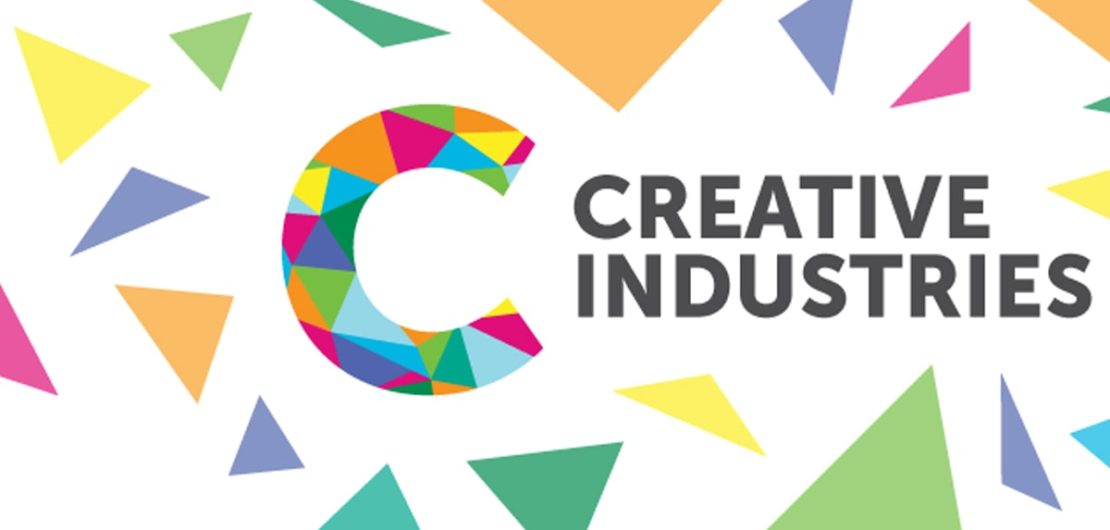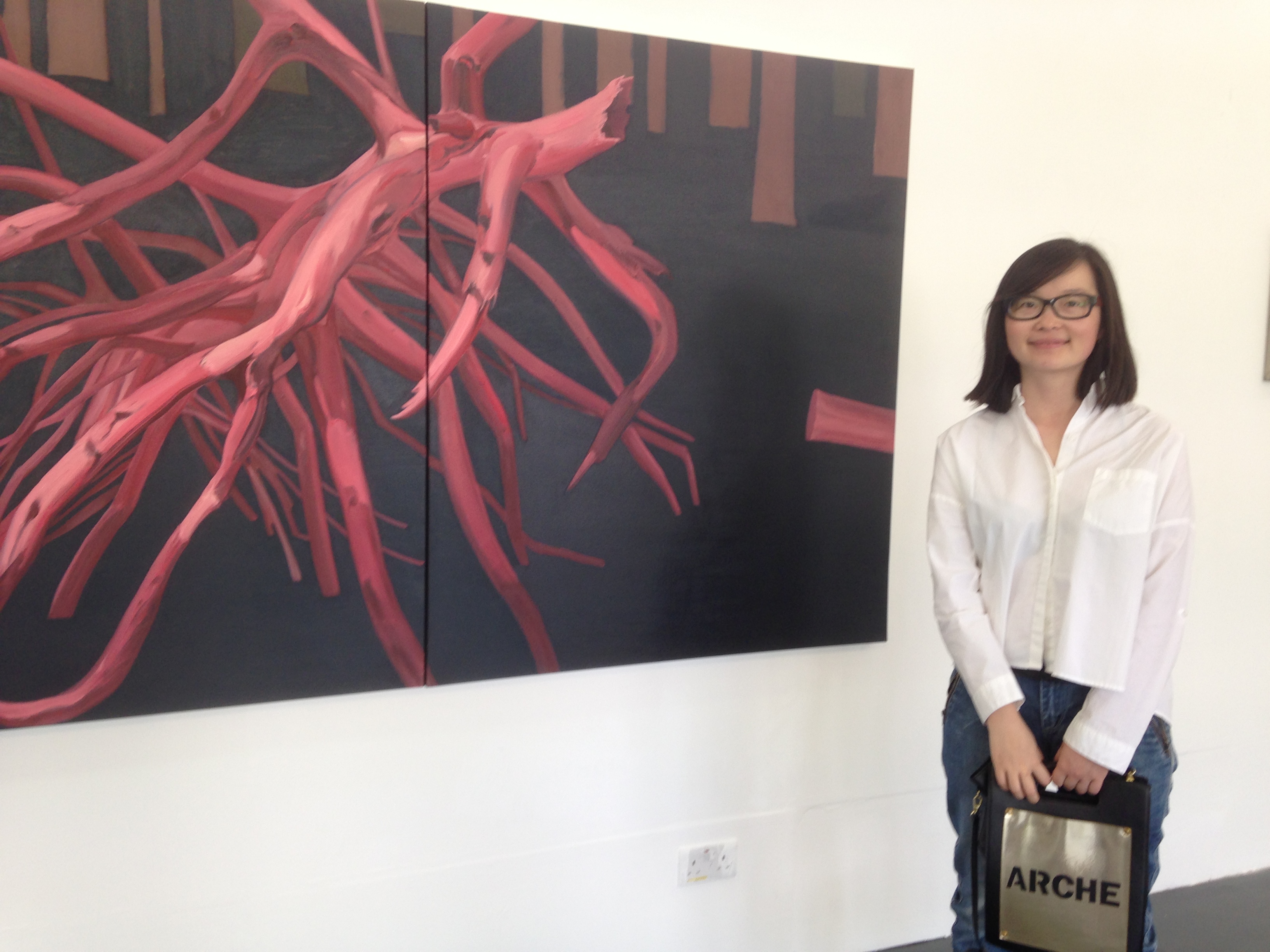 Blog
Blog
Making it: future skills and creativity
The Government clearly recognises the recent growth of creative industries and sees them as a key part of their Industrial Strategy. This piece of research by NESTA (link here) explores how skills need to be developed to boost all the sectors within the Creative Industries. It shows quite how much the Creative Industries are calling for skills other than artistic ones, such as technical, organisational, relational and teaching skills. The research also highlights the importance of those skills that are associated with creative and design occupations right across the economy, for example in engineering or research.
Despite their acceptance of the value of the Creative Industries, the Government’s education policies are militating against their own Industrial Strategy, with their continued support for the compulsory EBacc and their White Paper that shifts vocational/technical pathways (T Levels) to start at Post-16. Their policy ignores how the development of creative skills, and immersion in cultural or imaginative activity, helps young people acquire the broader range of skills needed for roles both within the Creative Industries and beyond them.
Tom Bennett, director of researchED, and appointed by Government as ‘behaviour tsar’ gives an indication of this flawed thinking. He wrote this week in The Guardian a piece (link here) criticising the appointment of a Lego Professor of Play at University of Cambridge. He argued that play is essential but that success takes hard work. He picks up on how this research, funded by a £4 million grant, will “ensure children are equipped with 21st-century skills like problem solving, team work and self-control”. But he challenges the concept of 21st century skills by saying that these are age-old needs, that we’ve got far enough into the 21st century without a radical shift in what humans need to be, and that we can’t know what future skills would be anyway.
He rubbishes play in learning, and disregards the rapidly changing landscape of work, and more widely, the rapidly changing…landscape.
Our experience of supporting projects about the future of learning, culture and creative careers has been informative on this. We’ve learned by consulting, reading and observing that there is a role for more play in learning and that major changes to the necessary capacities of future generations are on the horizon, if not already here.
One project we’re working on is the Crafts Council’s Make Your Future three year programme (see for more). We are evaluating it, looking for evidence of the impact of encounters with makers and mixing new technology with traditional crafts. These hoped-for impacts include increases in 21st Century skills: Creativity, Critical Thinking, Flexibility and Initiative-taking.
The teachers know that these are important. They can see how young people change when they can be immersed in a project that involves them collaborating, thinking through a problem, using their hands and bodies, experimenting, and expressing thoughts and feelings. Through the practices of envisaging ways to improve on a design or solve a problem, then trying and failing, asking for help, trying something new, and constructively criticising each other’s work, they are refining these skills.
Another of our projects has been Future Views (link), commissioned by three Bridge organisations, to help cultural education partnerships imagine and plan for the future of cultural learning.
Consulting researchers, cultural workers and young people, we found that economic, political and environmental change factors present unprecedented challenges. Although levels of understanding and concern varied, there was a universal sense that there are coming changes that will affect resources in a profound and material way. Young people are highly conscious of a challenging future, and they accredit pressures in their mental health to wider global issues, combined with an increasingly high-stakes academic curriculum and increasing social division.
We discovered that digital technology is only one of many drivers for change in education and future skills. Although some aspects of technology are perceived by young people to be a threat, particularly the automation of jobs, there are many positive opportunities for harnessing technology to develop creativity, empathy and problem-solving. However, progress in this area is potentially threatened by Government education reforms and the plan to the leave the EU.
Many felt that technological advances (e.g. spatial imaging, data analysis or Internet of Things) offer opportunities to creatively tackle many of these emerging problems. Schools and cultural organisations need to shift expectations of a future of continued bounty, while facing these challenges with hope and creative thinking. They will need to deepen their collaborations and think more systemically. They will need to open up to digital creativity and to ‘design for good’, integrating them into other areas of learning or arts activity.
In particular, in a world that is increasingly riven by ideological division – in conflict over resources – people in the future will need to collaborate, to respond calmly to unprecedented situations and know how to defuse tensions. To develop these capacities, play is essential. You can develop responsiveness to new situations and be motivated to practice skills by playing games and being involved in simulations. You can find ‘adjacent possibles’ – or new solutions to complex problems – by messing around with combinations of words, images and ideas. You can learn to control your emotions by expressing them in safe situations, through drama or exploring film and literature. You can learn how to manage your mental health by playful strategies, by developing a sense of humour, and by exercising your body.
We know that young people are aware of the importance of creativity in an unpredictable future, some intuitively responding to their experience of a lack of creativity in school, others more consciously unhappy about it. However, they reported many barriers to their creativity being fulfilled, including a lack of agency and choice in their education. They think that careers advice and guidance in schools needs to be updated, with more awareness of the need for creative, technical and people skills in emerging areas of work.
The young consultees also talked of the need to involve and empower young people as cultural leaders, not just offer arts as ‘enrichment’ or see young people as passive consumers. This call was supported by cultural workers we consulted too, who want to empower young people to take control of their own path. To achieve this, they know that young people need more exposure to people in the creative industries, not only to understand their creative practice, but the ‘whole person’ and the way they balance and manage their creative life. They want young people to understand that not everybody has had the same pathway into the industry, and the importance of having ‘other strings to their bow’ to help them find their own way as an individual. They said that young people shouldn’t assume that someone else is going to make change for them, that they need to be active and take control. But, of course they need to be invited and encouraged in taking control.
Another project that we have supported is Cultivate (link), a creative place-making programme in Wandsworth and Lambeth, part of London’s Cultural Education Challenge. Part of it is a creative careers education programme, responding to the priority needs of schools, who are now responsible for careers education and guidance.
In recruiting independent creative practitioners and small businesses to run ‘Cultivate Routes’ sessions, we asked them what advice they would give young people who want to pursue a creative path in life. We received responses from 74 people, so it gives a fairly good indication of the views of the sector. Their advice, overwhelmingly, based on their own experiences, was to be utterly self-motivated but also highly collaborative and flexible. They talk about ‘just doing it’, focusing on doing what you love, not expecting Higher Education to provide a clear professional route as you have to forge this for yourself, having to keep refreshing your skills and not expecting success to come quickly. It’s a tricky path between total self-driven passion and responsiveness to the changing needs of the world and the ideas of others.
Finnish researcher Esko Kilpi (link here) writes about the skills needed for post-industrial work: “…conventional jobs are increasingly inhibiting flexibility and contextual responses to new problem definitions or new technological solutions to old problems. To succeed in the new economic spaces, we need symmetric relationships, open assets and very open organizations.”
Are we up to the challenge of reinventing creative business and cultural organisations to be more flexible and open in the UK? And if leaving the EU means that many of the more open and forward-looking organisations shift to be based in Europe, or more virtual, what impact will this have? The more flexible and open that young people start to become, the more likely it is that they will not want conventional work, or want to contribute to businesses within the UK economy.
We need to start bringing creative thinking to this challenge!



